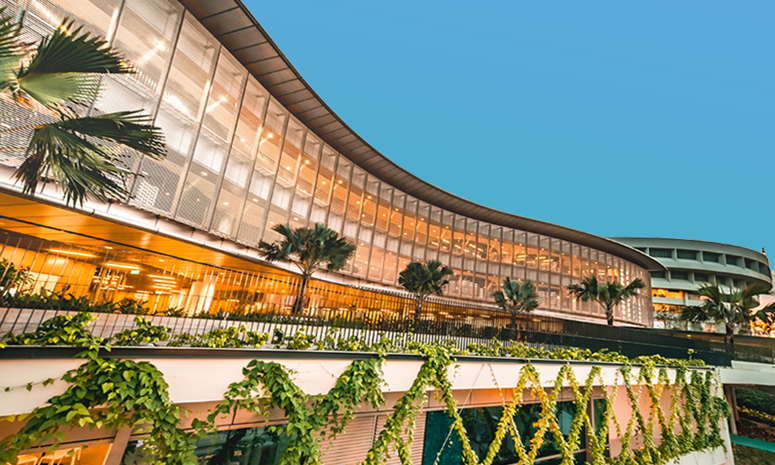Introduction
Robot sensors and vision sensors are essential in robot systems. Therefore, it is important to learn classification, characteristics, features and working principles of robot sensors and applications of vision sensors. The objective of this course is to familiarize the participating individuals with understanding of robot sensors basics, vision sensors, estimation using vision sensors, and Kalman filter and multi-sensor fusion. Robotic sensing technologies and sensors can be used to estimate a robot’s internal condition and to perceive its external environment. The measurements from sensors can also be used to control the motion and behavior of the robot. Characteristics and working principles of main internal and external sensors will be discussed. Vision sensors and estimation methods will be highlighted. Multi-sensor fusion will also be discussed.
This course is part of:
- Graduate Certificate in Computer Control and Automation
- FlexiMasters
in Computer Control and Automation
Download Learning Pathway E-Guide
Upon completion, learners should:
1. Understand classification, characteristics, features and working principles of main internal and external sensors;
2. Able to explain the modelling, calibration, and application scenarios of vision sensors;
3. Able to explain essential matrix and homography matrix techniques;
4. Analyze structure from motion and pose reconstruction using essential matrix and homography matrix techniques and;
5. Able to design estimators based on Kalman filter techniques for sensor fusion.
Robot sensors introduction, Vision sensing and Kalman filter and sensor fusion.
Standard Course Fee: S$1,635
SSG Funding Support | Course fee | Course fee payable after SSG funding, if eligible under various schemes | |
BEFORE funding & GST | AFTER funding & 9% GST | ||
Singapore Citizens (SCs) and Permanent Residents (PRs) (Up to 70% funding) | S$1,500 | S$490.50 | |
Enhanced Training Support for SMEs (ETSS) | S$190.50 | ||
SCs aged ≥ 40 years old | |||
- Standard course fee is inclusive of GST.
- NTU/NIE alumni may utilise their $1,600 Alumni Course Credits. Click here for more information.
| COURSE TITLE | ACADEMIC UNIT |
| CET715 Discrete Time System Modelling and Analysis | 1 |
| CET716 State-Space Design Methods | 1 |
| CET717 Optimal Control, Design and Implementation of Digital Controllers | 1 |
| CET718 Linear and Nonlinear Programming | 1 |
| CET719 Random Processes and Queuing Models | 1 |
| CET720 Decision Analysis | 1 |
| CET721 Robot Kinematics | 1 |
| CET722 Robot Control | 1 |
| CET724 Image Processing for Vision | 1 |
| CET725 Pattern Recognition and Stereo Vision | 1 |
| CET726 Three-dimensional computer vision | 1 |
| CET727 Process modelling | 1 |
| CET728 Model predictive control | 1 |
| CET729 Multivariable process control | 1 |
Listed courses are:
- Credit-bearing and stackable to Graduate Certificate in Computer Control and Automation (total 9AUs) and FlexiMasters in Computer Control and Automation (total 15AUs)
- SSG funded and SkillsFuture Credit approved














/enri-thumbnails/careeropportunities1f0caf1c-a12d-479c-be7c-3c04e085c617.tmb-mega-menu.jpg?Culture=en&sfvrsn=d7261e3b_1)

/cradle-thumbnails/research-capabilities1516d0ba63aa44f0b4ee77a8c05263b2.tmb-mega-menu.jpg?Culture=en&sfvrsn=1bc94f8_1)

7e6fdc03-9018-4d08-9a98-8a21acbc37ba.tmb-mega-menu.jpg?Culture=en&sfvrsn=7deaf618_1)





